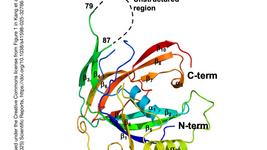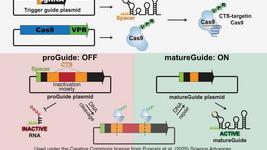Base editing uncovers telomere disorders
The study introduces a novel cell-based CRISPR method to investigate genes related to TBDs, conditions marked by abnormal telomeres leading to various diseases. TBDs include bone marrow failure syndromes, idiopathic pulmonary fibrosis, and liver disease, among other diseases.
In the study, 21 telomere-related genes were mutagenised, leading to the identification of critical residues in the genes encoding 17 different proteins impacting cell growth. Moreover, the researchers identified variants resistant to telomerase inhibition that exhibited increased tumorigenic potential using an in vitro tumour growth assay.
This breakthrough could significantly enhance our understanding of TBDs and aid in developing new treatments.
Lea Harrington led the study at the University of Montreal. It was published Sunday, 4 February, in Biogerontology, and you can read it here.
To get more of the CRISPR Medicine News delivered to your inbox, sign up to the free weekly CMN Newsletter here.
Tags
CLINICAL TRIALS
Sponsors:
Base Therapeutics (Shanghai) Co., Ltd.
Sponsors:
Base Therapeutics (Shanghai) Co., Ltd.







